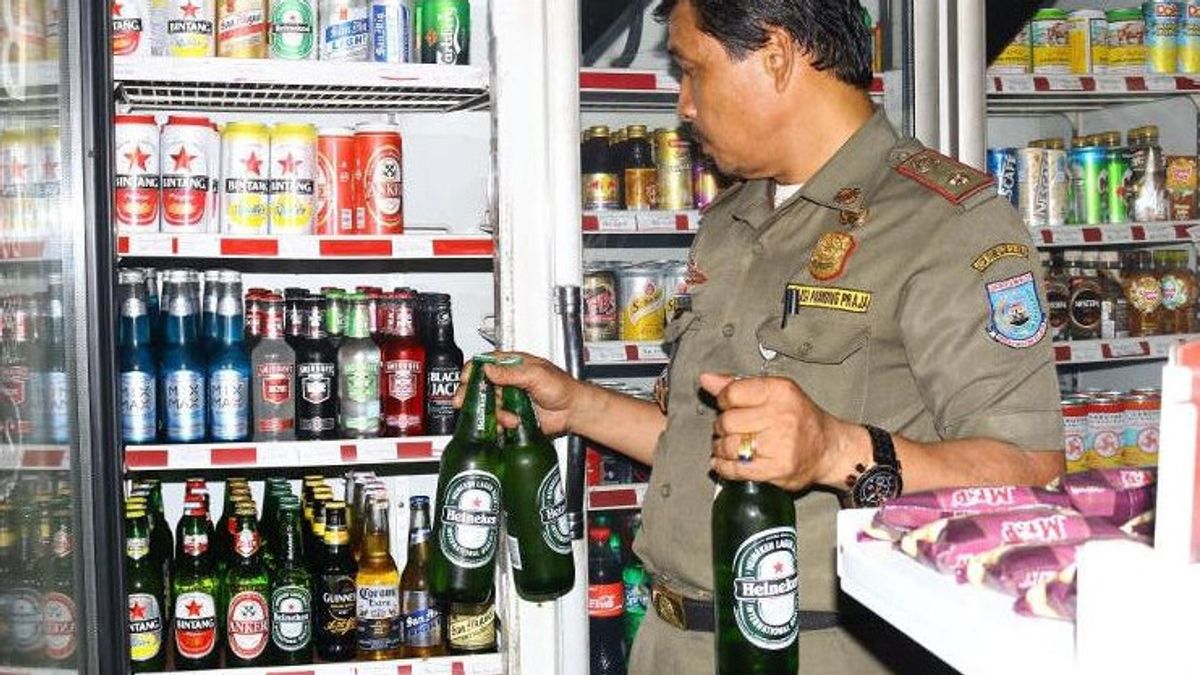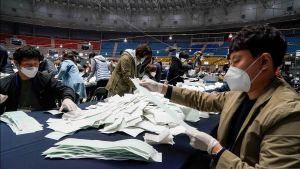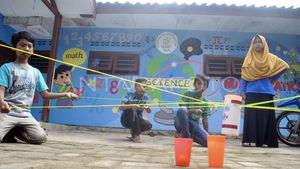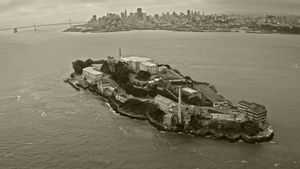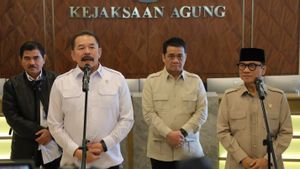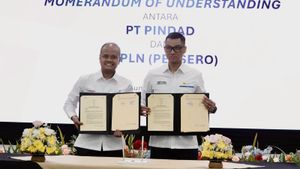JAKARTA Memories of today, nine years ago, April 16, 2015, the Ministry of Trade (Kemendag) officially banned the sale of liquor (alcohol) in minimarkets. The ban applies to all alcoholic beverages of class A alcohol content below five percent.
Previously, the sale of alcohol in minimarkets began to be troubling. The presence of minimarkets is increasingly mushrooming, so the estuary. Some are near settlements to schools. This condition makes alcohol easily accessible to young people and brings new problems.
No one doubts the narrative of alcohol has many disadvantages, rather than benefits. This condition is because excessive consumption of alcohol can bring various diseases, heart damage to the heart. Alcohol will also be more dangerous when consumed by minors.
This condition has actually been researched by the power of attorney. The government thinks that the estuary of the loss of alcohol due to alcohol products is'mainly' sold freely in minimarkets. Sales allow anyone to access alcohol. Even if only alcohol is classified as A, or owns under five percent, it is sold.
Sales of alcohol are increasingly massive as the minimarket is spoiled. The presence of minimarkets is starting to not know a place. Sometimes it is close to a center of worship. Sometimes it is also close to school. Problems arise. Where there is a minimarket there is alcohol.
This condition is starting to disturb the public. Many of the young people, not a few minors, are starting to get tempted to consume alcohol. The government took a stand. They then tried to stem the sale of alcohol by preparing a set of rules.
The Ministry of Trade has started to lead the alcohol control movement. They issued Permendag No.06/M-DAG/PER/1/2015 regarding control and supervision of the procurement, circulation and sale of alcoholic beverages.
"Minimarkets have entered residential locations and are also close to schools, where if selling alcoholic beverages is actually a violation," said Head of Domestic Trade, Department of Industry and Trade of North Sulawesi Province (Sulut), Hanny Wajong as quoted by the Antara website, April 16, 2015.
Permendag Miras, which came out in January 2015, was greeted with great fanfare. Even though the regulation only took effect a few months later. The regulation states that minimarkets will no longer be able to sell class A alcohol.
Those who can sell alcohol are only supermarkets and restaurants. Ulam's beloved peak arrives. The rule officially took effect on April 16, 2015. Even so, the Minister of Trade, Rachmat Gobel, was reluctant to conduct raids on minimarkets.
Minimarkets are expected to be able to spend the remaining sales of alcohol or withdraw from circulation for three months. After that, the Trade Minister will cooperate with minimarket owners to curb alcohol matters.
SEE ALSO:
No need to sweep around. We ask them (minimarket owners) to be responsible. The rules must be fulfilled. Don't ask suddenly, continue to be suspicious and have consequences. This is part of coaching."
"We'll talk about it later. We don't use raids. I will talk to the owner of the license, such as Indomaret, Alfamart. We will discuss, sit together. This needs cooperation. Anyway, we will talk to the holder of the license," said Rachmat Gobel as quoted by the CNN page the day before the regulation on the ban on alcohol in minimarkets took effect, April 15, 2015.
The English, Chinese, Japanese, Arabic, and French versions are automatically generated by the AI. So there may still be inaccuracies in translating, please always see Indonesian as our main language. (system supported by DigitalSiber.id)
